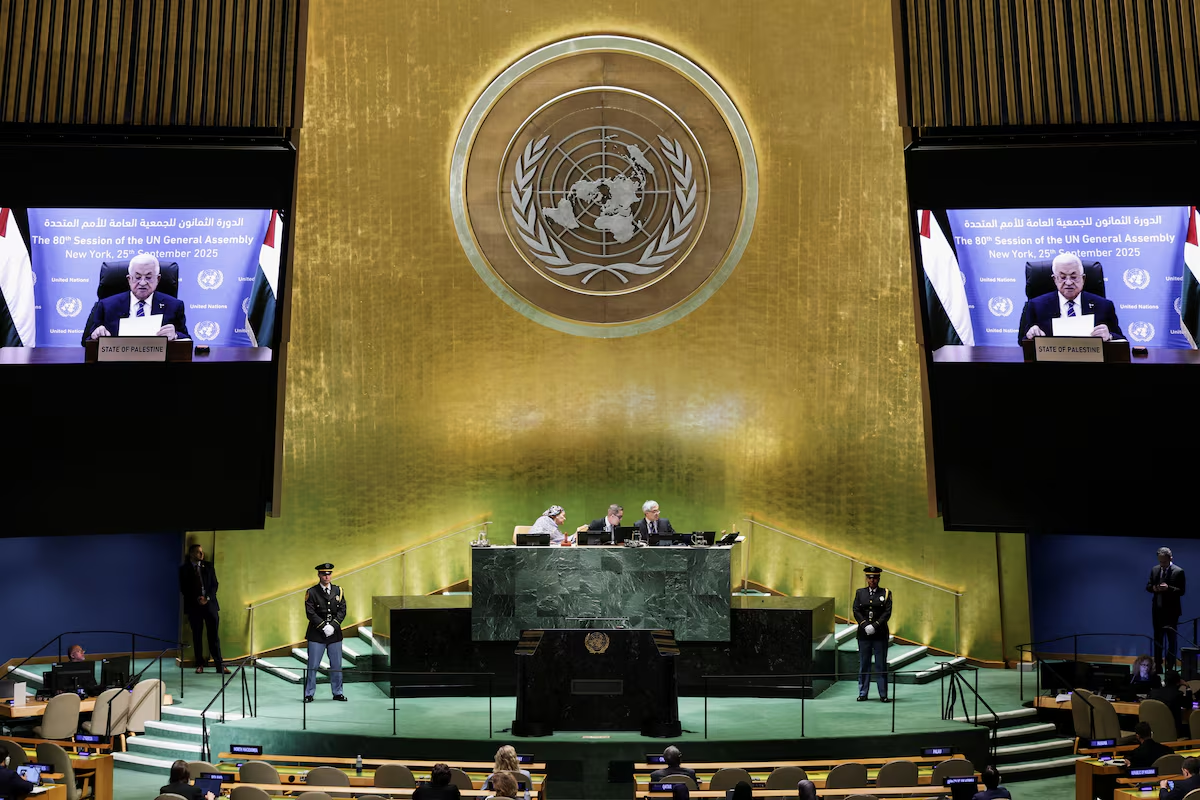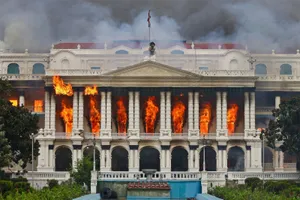On Sept. 8, the French Prime Minister François Bayrou was voted out of office, and with him, he took the French government.
The country of France holds a semi-presidential form of government. It holds both a president, currently being President Emmanuel Macron, and a prime minister as executive leaders of the country. The president bears the lone responsibility of electing a premier.
The reason as to why many have certain criticism for President Macron is due to the number of prime ministers and governments France has recently gone through.
“With four prime ministers in the past 20 months, and a fifth likely to be appointed now, the fall of French governments, once unusual, has become close to mundane,” The New York Times reported.
The reason as to why these other prime ministers haven’t been able to hold office effectively is due to financial uncertainty. The country of France holds a dilemma in regard to its national debt.
“The cost of servicing national debt this year is estimated to be €67 billion – it now consumes more money than all government departments except education and defense,” BBC reported.
There is also the issue that current international affairs are not allowing for the country to solely focus on their debt.
“All this against a background of international turmoil: war in Europe, disengagement by the Americans, the inexorable rise of populism,” BBC noted.
Bayrou tried to pass a fiscal plan that would “stabilize repayments by cutting €44 billion from the 2026 budget,” according to a report by the BBC. The plan wouldn’t see the light of day after leaders of multiple parties in Parliament called for a vote of no confidence, a Parliamentary method to vote on whether a prime minister should or shouldn’t remain in power.
A shocking majority deemed him unfit of his executive power. It was announced that there were 364 votes against Premier Bayrou’s government from the 577-seat assembly.
“Bayrou had become the most unpopular French prime minister since 1958, largely over his unpopular budget but also his perceived lack of government action,” The Guardian reported.
Macron has now appointed his fifth premier, Prime Minister Sebastien Lecornu.
“Lecornu, 39, was among the favourites to take over, and he has spent the past three years as armed forces minister focusing on France’s response to Russia’s war in Ukraine,” BBC said.
Predictions on this appointment are varied. Other centralists say that Lecornu was a great choice, such as “Édouard Philippe, who was Macron’s first prime minister from 2017-20, thought Lecornu was a good choice as he had learned a lot as defence minister,” BBC said.
Other far right and leftists, such as Marine Le Pen and Jean-Luc Mélenchon both have shared their dismay on Macron’s constant inability to form a proper government that lasts.
Lecornu has been praised for being a good debater, and his talents will be needed as this brings forth the other underlying issue of France’s government. Though their fiscal debts may be their priority, the Parliament remains too divided to be effective in its decision for the well-being of the state.














